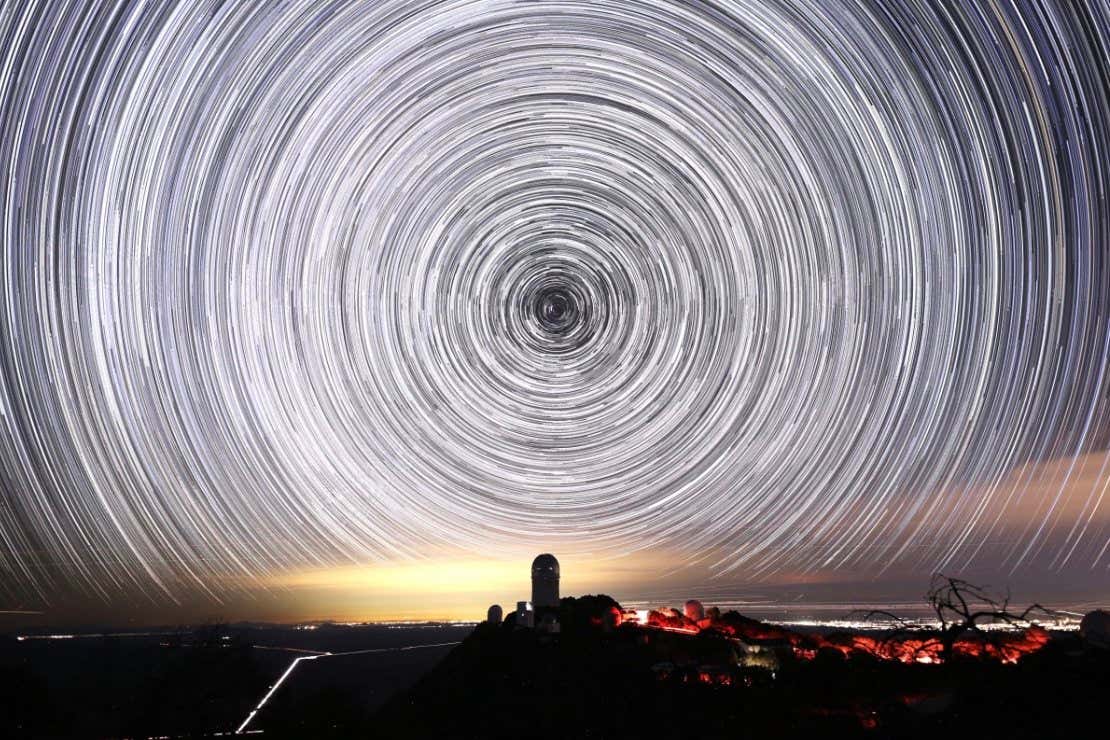Now Reading: Rethinking Dark Energy: New Insights Could Redefine the Cosmos
1
-
01
Rethinking Dark Energy: New Insights Could Redefine the Cosmos
Rethinking Dark Energy: New Insights Could Redefine the Cosmos

Quick Summary
- Researchers have uncovered new insights into dark energy, contradicting the standard lambda-CDM cosmological model.
- Data was collected by the Dark Energy spectroscopic Instrument (DESI) in Arizona over three years, analyzing light from nearly 15 million galaxies.
- Findings suggest dark energy may be weakening over time rather than maintaining a constant rate of acceleration as previously believed.
- Current analysis reaches a statistical importance level of 4.2 sigma but may achieve 5 sigma within two years for further validation.
- The results integrate DESI data with multiple other studies, ensuring robust conclusions akin to supporting legs on a stool.
- If confirmed, implications could reshape our understanding of the universe’s future-potentially leading to scenarios like constant expansion or even cosmic collapse (the “big crunch”).
- Other telescopes and observatories like NASA’s Nancy Grace Roman Space Telescope and Chile’s Vera Rubin Observatory are also contributing to research on this topic.
!campaign=RSS%7CNSNS&utmsource=NSNS&utmmedium=RSS&utm_content=home”>Read More
Stay Informed With the Latest & Most Important News
Previous Post
Next Post
Loading Next Post...

























